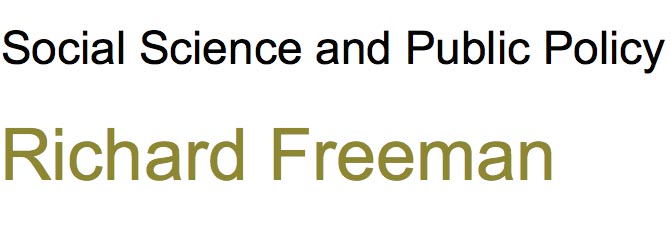Teaching Award nomination: supervision
I was proud to be nominated for Best Research or Dissertation Supervisor at EUSA’s (Edinburgh University Students’ Association) Teaching Awards ceremony in 2012. I didn’t win, but am endlessly glad of what students said:
Scottish Drugs Policy Conversations
The Academy of Government supported the early development of the Scottish Drugs Policy Conversations, which address changing patterns of drug use and related harm, developments in policy and practice in Scotland and other countries, new research findings as well as...Knowing Governance. The epistemic construction of political order
Knowing Governance sets out to understand governance through the design and making of its models and instruments. What kinds of knowledge do they require and reproduce? How are new understandings of governance produced in practice, by scientists and policy makers and...Policy Work
grounded in primary materials, insider accounts and ethnographic case studies, explores ways of thinking about policy making as a form of work or practice… This is a core component of the Academy of Government’s Masters programme in Public Policy. There...Explanation and Understanding
in Social and Political Research is a research training course taught in the Graduate School with Steve Kemp… The course explores theoretical issues that arise for those undertaking social and political research. It aims to both offer a clear introduction of a...Teaching Award nomination
The student who nominated us for a EUSA Teaching Award wrote that, “This is the first time that a course gave me the feeling of learning together with my class…” “This is the first time that a course gave me the feeling of learning together with my...Knowing Governance
Knowing Governance. The epistemic construction of political order is edited by Jan-Peter Voß and Richard Freeman, and sets out to understand governance through the design and making of its models and instruments. What kinds of knowledge do they require and...Knowledge, policy and coordinated action: mental health in Europe
As a knowledge-based international agency, WHO offers a useful opportunity to explore the nature of knowledge in policy making.
Exchange Fellowships
at the Academy of Government provide a framework in which professionals and practitioners work with an academic counterpart on a joint project…
Darcy Leigh
was Teaching Fellow on the Doing Politics project, and now teaches at the University of Sussex.Doing Politics in Translation
was the title of the 14th Kåte Hamburger lecture given at the Centre for Global Cooperation in Duisburg in October… How does politics happen? When we do politics, what are we doing? In answering this question, I return to Hannah Arendt’s The Human...Knowledge and policy in research and practice
We sum up this volume by restating our initial ambition, which was to develop a framework for investigation rather than to formulate any specific theory.
Doing Democracy
was a panel Darcy Leigh organized at this year’s Policy & Politics conference, with additional papers by Oliver Escobar, Deborah Holman and Sophie Thunus… What is democracy made of? How is it done? It is an idea and a set of institutions, to be sure,...Doing politics, teaching politics
was a presentation to the PSA/BISA Learning and Teaching conference in Bristol in September… Doing politics, teaching politics: towards a collaborative case-based pedagogy Darcy Leigh and Richard Freeman In this paper we propose collaborative case-based pedagogy...Knowledge in Policy: embodied, inscribed, enacted
This important collection presents a radical reconception of the place of knowledge in contemporary policymaking in Europe, based not on assumptions about evidence, expertise or experience but on the different forms that knowledge takes. Knowledge is embodied in...Introduction: knowledge in policy – embodied, inscribed, enacted
The literature on the role of knowledge in policy making encompasses a striking diversity of views on just what knowledge is, what different types of knowledge there may be and how they are to be observed empirically.
Introduction: knowing governance
Knowing Governance sets out to understand governance through the making of knowledge about governance itself.
